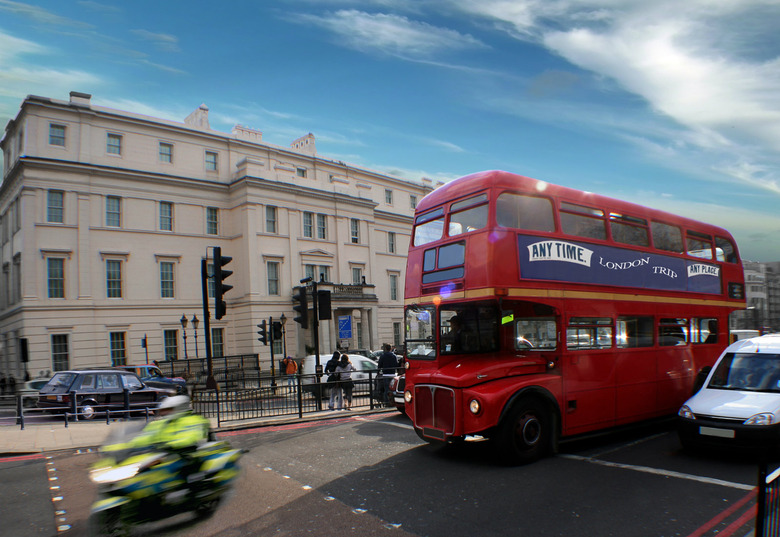London Buses Run On Biofuel Made From Coffee
The people of London may be fueled primarily by tea, but the city's busses are powered by coffee. The city's public transportation has begun to use a new biofuel that's derived from coffee waste, and they say it could help reduce transport emissions.
According to the BBC, Transport for London has been using biofuels to power public transportation for several years. Much of that biofuel comes from waste products left over from the foodservice industry, like waste cooking oil and tallow left over from meat processing. Now, however, a new sort of biofuel is being used to power buses, and this one comes from coffee.
The "coffee oil" is created by extracting oil from coffee waste and blending it with diesel. It's created by a tech company called bio-bean, which says it's already made enough of the biofuel to power a London bus for an entire year.
The company takes used coffee grounds from coffee shops and factories that make instant coffee. Then it uses it to produce its biofuel, which can be used by a regular city bus.
There's plenty of coffee waste to go around, too. Bio-bean says London makes more than 220,000 tons of coffee waste every year, so there will be plenty of coffee waste for the company to use to make biofuel to power buses. And if that's the case in London, one imagines there'd be tons of potential biofuel available in Portland, or Vienna, or one of the world's other best cities for coffee.
